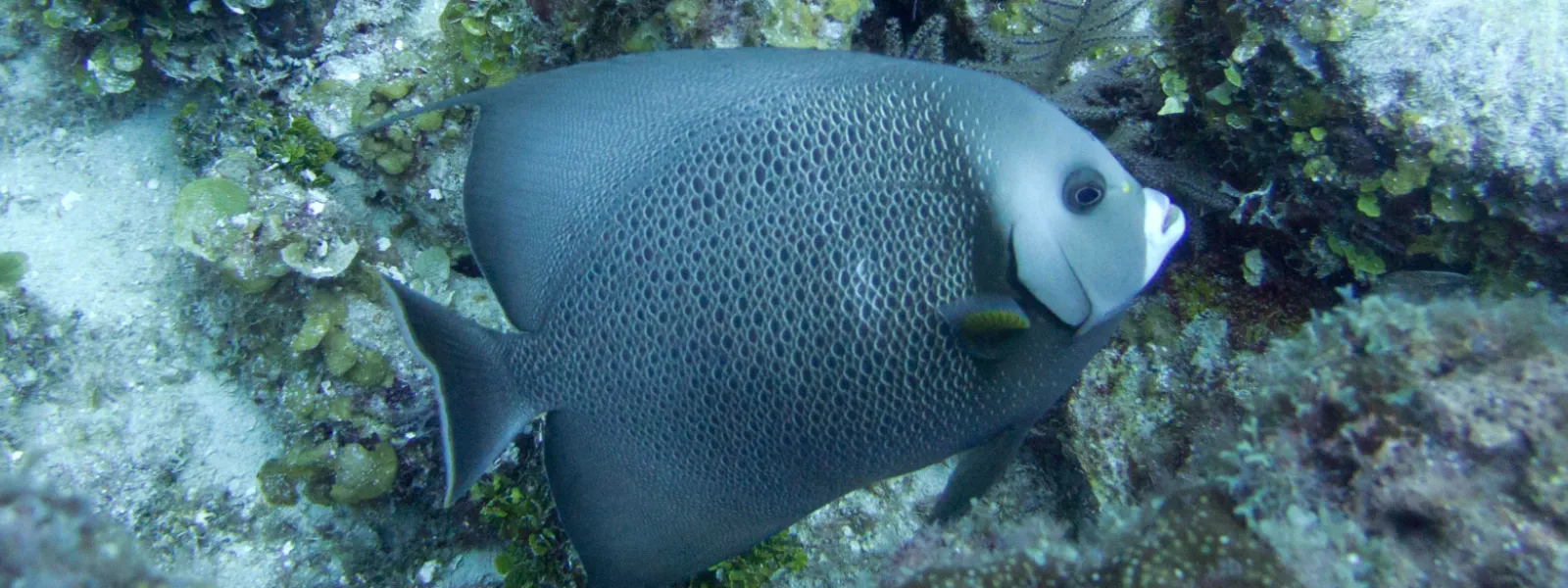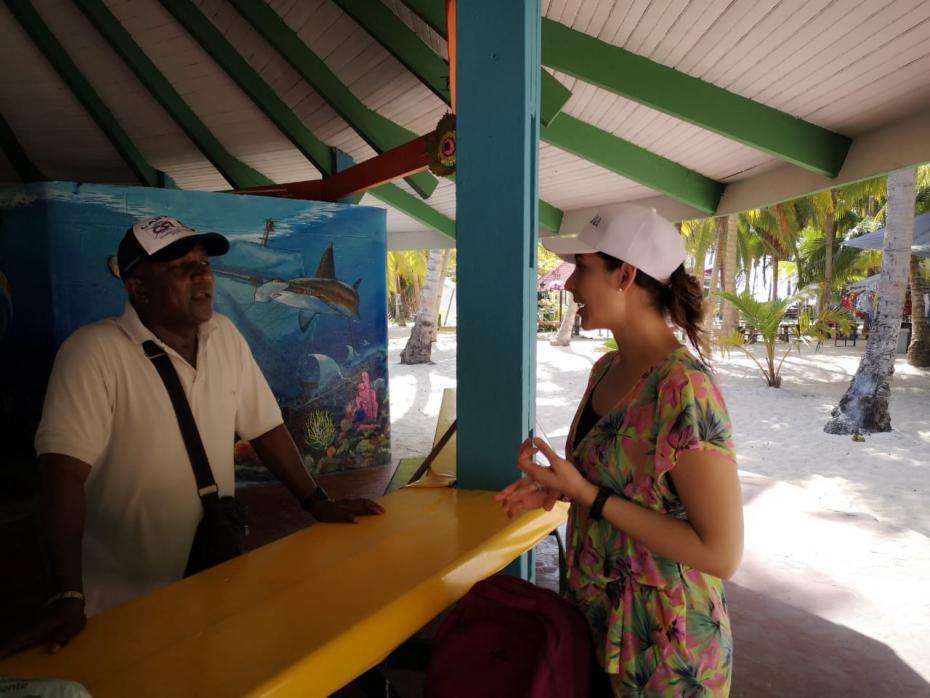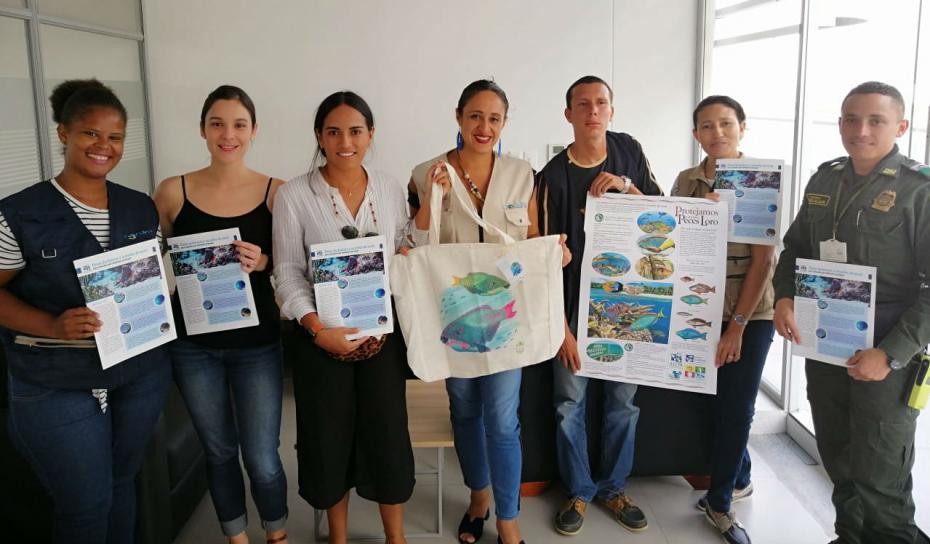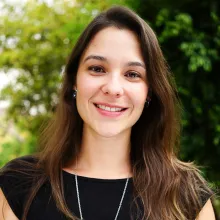
Empowering fishermen to protect coral reefs, and their guardians
Photo: Ratha Grimes (CC BY 2.0).When he thinks of his childhood, Mario Smith remembers the abundance of fish, crabs and lobsters he and his father used to find while fishing, an activity now in decline on his island.
"There used to be such abundance and today we are forbidden to fish for many things because of our irresponsibility in taking care of our resources," said Mario, who is now the leader of the San Luis Fishermen's Committee, whose members work on San Andres Island, Colombia.
San Luis is a hamlet located on the east coast of San Andres with white sandy beaches and calm waters.
I was there in August to support the dissemination of a very important resolution for the conservation of the coral ecosystems of the Colombian Caribbean.
The law prohibits the capture and sale of several species of herbivorous and omnivorous fish that cleanse the corals of the algae that take away their light and space, thus supporting their survival.
In recent years, a decrease in commercial species has led fishing communities have to go after herbivorous fish. This, in turn, has caused a reduction in populations of these species, particularly in the Caribbean.
The resolution was issued on July 15 by the Corporation for the Sustainable Development of the Archipelago of San Andrés, Providencia and Santa Catalina (CORALINA), the environmental authority in that region.

Disseminating and socializing these type of norms in local communities is very important so that residents, understanding the importance of these fish for the health of both the reefs and their economies, support actions aimed at their conservation.
Along with CORALINA's education team, I visited several fishermen's committees, as well as schools and restaurants.
I participated in a meeting of the Inter-Institutional Committee on Environmental Education, which was also attended by representatives of the government, the police, and the tourism and education sectors.
The visits were very enriching, full of questions and emotions. In each of them I highlighted the benefits of taking care of our corals and the fish that help them thrive.
Coral reefs are one of the most important ecosystems on the planet. They are home to more than 25% of our marine species and protect our coasts from hurricanes, storms and other weather events.

At Cajasai School, the active participation of one student surprised me. He told me of his concern about garbage on his beaches and about catching parrotfish, one of the most important species of herbivorous fish.
"I'm very concerned about my resources and that's why I made a foundation to take care of the beaches that are close to my home," he told me passionately.
His empathy and desire to fight for his beaches and sea inspired me.
The beautiful landscapes of San Andrés and the interest of all the people I spoke with filled me with satisfaction and energy to continue working. But there is still a lot to do.
Our marine resources are in danger of disappearing in the face of the global climate crisis. And the urgency to do something about it is becoming ever more pressing.
Our coral reefs are among the ecosystems most threatened by this crisis, mainly due to changes in the acidity and temperature of our oceans. In addition, human actions such as pollution and overfishing are causing irreversible damages.
That’s why AIDA will continue to support local efforts to conserve important marine species, such as the parrotfish and his herbivorous relatives.
María José González-Bernat

María José González-Bernat is director of AIDA's Ocean Program. She works from Bogotá. María José is a biologist with a Masters in Marine Science from the University of Otago, New Zealand, and a Ph.D. in Governnace from the University of Western Australia. She has experience in the conservation and management of marine ecosystems, climate change, marine-coastal governance and policies, as well as the effective management of marine protected areas. She has worked with non-profit organizations and in Guatemala's public sector, primarily in research and issues related to marine protected areas.
